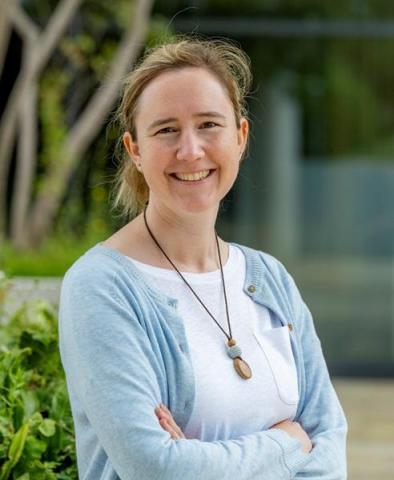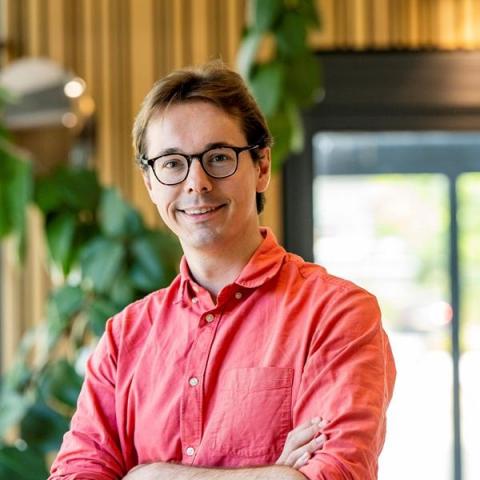About the project
The biological pump transfers a significant amount of carbon dioxide to the deep ocean. The pump is driven by sinking aggregates of organic particles. The size, shape and structure of particles all influence the rates at which they sink and are remineralised, with fast sinking particles increasing the potential for long-term carbon storage. Transparent exopolymer particles (TEP) are sticky polysaccharides, which act as a biological glue. TEP are produced by certain types of phytoplankton and promote coagulation of phytoplankton cells to form aggregates [1]. There are several mechanisms by which TEP could promote aggregation, such as stickiness increasing the success rate of particle collisions. Turbulence in the upper water column has also recently been shown to enhance particle aggregation [2]. Turbulence may further promote TEP production in the upper-surface ocean which in turn may increase particle aggregation [3]. Climate change is predicted to suppress turbulence and alter phytoplankton community structure, which may impact TEP production [2], but these processes are not currently included in climate models. This project aims to combine an existing unique dataset, laboratory experiments and modelling to understand how TEP and turbulence impact aggregation with possible implications for the efficiency of the biological pump in the future.
For full project details visit the Inspire project page.
Lead supervisor
- Doctor Chelsey Baker (National Oceanography Centre)
Supervisors
- Doctor Adrian Martin (National Oceanography Centre)
- Doctor Christina Vanderwel (University of Southampton)
- Doctor John Lawson (University of Southampton)
- Doctor Matthew Rau (The George Washington University)

